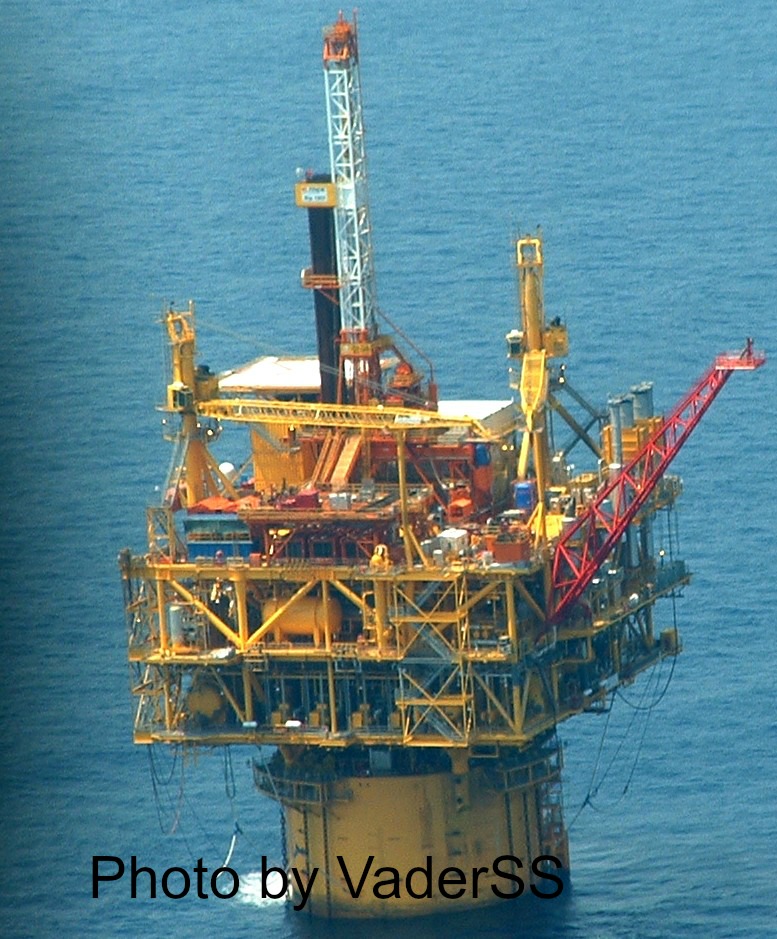The U.S. Army Corps of Engineers is considering a proposal to create an artificial reef in the Flower Garden Banks National Marine Sanctuary. The reef would be created by discarding an obsolete oil and gas structure in the sanctuary. Turtle Island Restoration Network opposes allowing companies to discard obsolete oil and gas production structures into the Gulf of Mexico.
Our oceans are majestic places that provide a home to approximately 2,215 endangered and threatened species. Artificial reef programs, such as the one being proposed, allow oceans to be used as a trash dump for private companies. Our oceans should not be used as a trash dump. Instead, oil and gas companies should be required to properly dispose of the materials used in oil and gas production.
Among the many areas of concern created by artificial reefs, Turtle Island Restoration Network is especially concerned because artificial reefs help spread invasive species. Multiple studies show that artificial structures may facilitate invasive species introductions and establishment by providing new unoccupied habitat for establishment, and creating corridors for further dispersal and expansion.
In addition to ecological reasons for protecting ocean ecosystems from invasive species, there is a strong economic incentive as well. A study cited by the U.S. Fish and Wildlife Service estimates that invasive species cost the United States more than $120 billion in damages every year.
Estimates are that one thousand rigs in the Gulf of Mexico will be retired over just the next decade. The approval or denial of proposals to turn these rigs into reefs will have a large cumulative impact on ocean habitats.
Turtle Island Restoration Network submitted a public comment to encourage the U.S. Army Corps of Engineers and the Texas Parks and Wildlife Department to act as responsible stewards of Flower Garden Banks National Marine Sanctuary by not allowing the sanctuary to become a trash dump for oil and gas companies.




